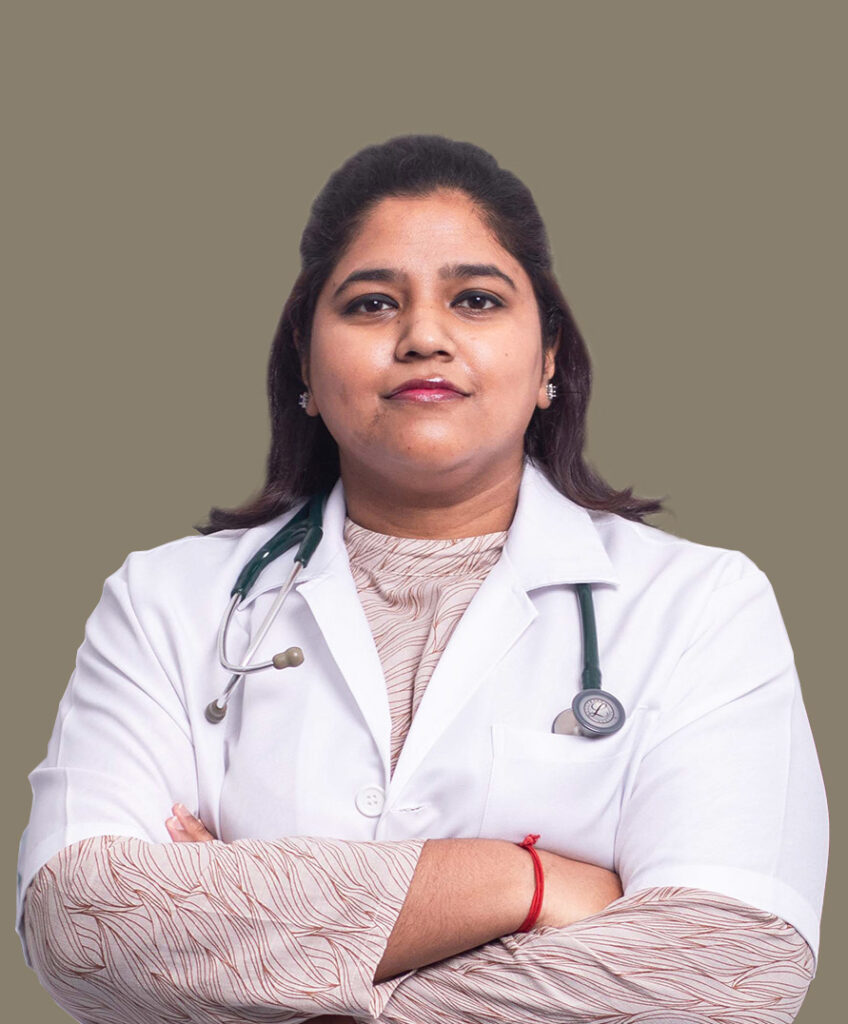Adam Anand Row
With COVID-19 case numbers dropping in some parts of the world, it is starting to feel like the end of the pandemic is finally in sight. As we begin a return to normality, you may be wondering what will change when COVID-19 becomes endemic. Is it time to learn to live with the virus? Or is it a reset button to start all over again?
An epidemic is defined as an unexpected increase in the number of disease cases in a specific geographical location, while a pandemic refers to an epidemic condition that has extended beyond its original geographical area. Finally, endemic is used when a disease is still persistent but is limited to a certain region or geography, or by the frequency or occurrence of cases.
As far as a likely timeline for COVID-19 becoming endemic, this is very subjective as we are still seeing cases rise from time to time. However, Malaysia has reached the stage where the government is looking toward endemicity based on the number and type of cases being detected, deciding that now is the best time to take the first steps towards this new phase. This includes opening up borders, reducing quarantine periods and relaxing restrictions.
We can mostly expect a return to normalcy, however the situation is extremely fluid, as every day there are changes and new adaptations based on new studies and research being done as well as information that the government is getting from the health governing bodies like the Centre for Disease Control (CDC) and the World Health Organisation (WHO).
First and foremost, we still need to adhere to social distancing and personal protection mechanisms like face masks, hand hygiene and frequent sanitisation, as these barrier mechanisms still help prevent infection. When it comes to the care of family members or other at-risk individuals like the elderly population, it is paramount that their health is maintained through regular medical checkups and by making sure they keep following their existing medication routine. Maintaining a balanced diet and getting enough exercise which helps to strengthen immunity are key to defending yourself from infection of any virus, let alone COVID-19.

This question is still up for debate. Vaccine manufacturers are currently working on a booster shot, but who will require it, or when that would be, is still being researched and studied. Once this information is confirmed, you can be sure that we will advise Gamuda employees on the appropriate action to take.
Long COVID is the persistence of symptoms weeks after recovering from COVID-19, which can include breathlessness, fever, cough, body aches, and even depression and anxiety. The body still has a remnant reaction to the prior COVID-19 infection, and though no longer infectious, the person still suffers from the sequelae of that infection, causing lingering symptoms. If you are still feeling unwell after recovering from COVID-19, you would need to be assessed and undergo certain blood investigations and other investigative procedures so that you can be treated accordingly.
We are currently in the process of finalising a checklist and self-assessment, which will be shared with each business unit to screen past positive cases at a one-month interval post-infection. Patients can then seek further consultation and treatment at Gamuda Clinic or contact our hotline at +603-92222232 between 8:00am-5:00pm from Monday to Friday, and between 8:00am-2:00pm on Saturday. Those who have noticed a change even without the assessment are always free to walk-in for a consultation if they feel they need to.
